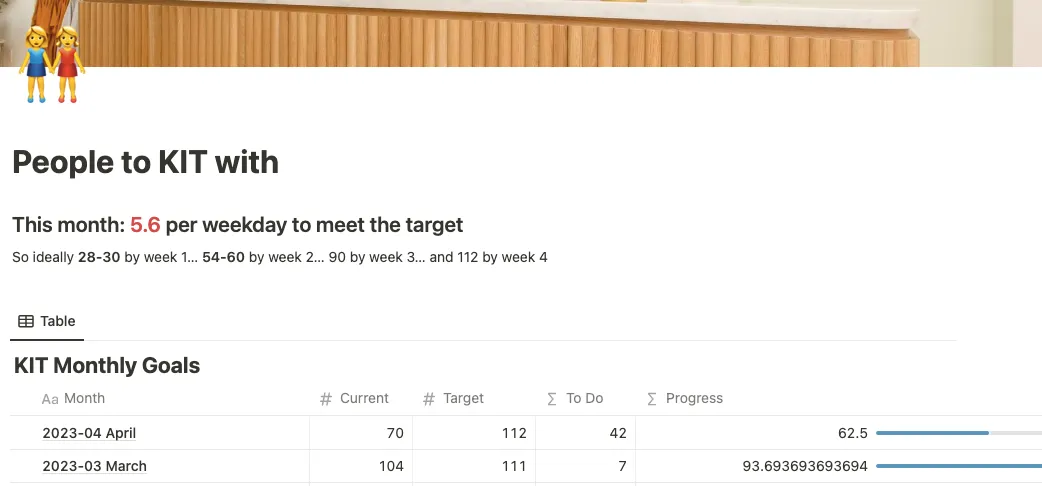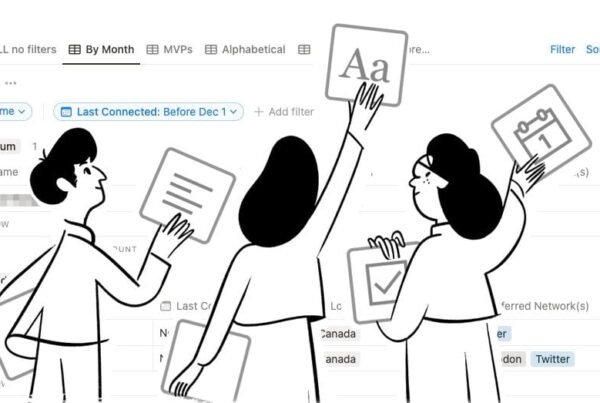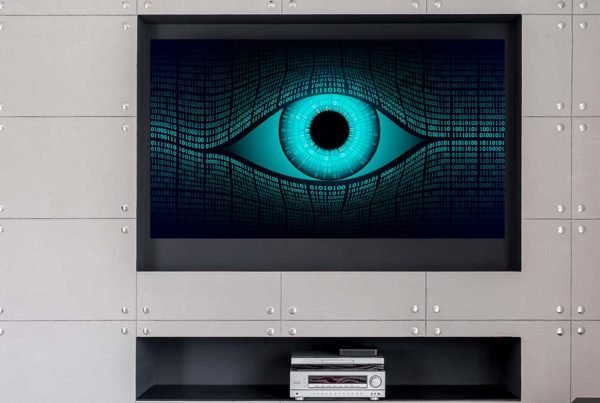Stand Out of Our Light
I just finished reading James Wilson Williams’s brilliant book Stand Out of Our Light: Freedom and Resistance in the Attention Economy. So many passages stood out.
Williams exhorts readers to think about their life goals and aspirations. The big picture as well smaller, daily goals.
Williams writes:
Now try to imagine what your technologies’ goals are for you. What do you think they are? I don’t mean the companies’ mission statements and high-flying marketing messages – I mean the goals on the dashboards in their product design meetings, the metrics they’re using to define what success means for your life. How likely do you think it is that they reflect the goals you have for yourself? Not very likely, sorry to say. Instead of your goals, success from their perspective is usually defined in the form of low-level “engagement” goals, as they’re often called. These include things like maximizing the amount of time you spend with their product, keeping you clicking or tapping or scrolling as much as possible, or showing you as many pages or ads as they can.
Williams continues:
No one wakes up in the morning and asks, “How much time can I possibly spend using social media today?” (If there is someone like that, I’d love to meet them and understand their mind.)
He later points out:
What this means, though, is that there’s a deep misalignment between the goals we have for ourselves and the goals our technologies have for us. This seems to me to be a really big deal, and one that nobody talks about nearly enough. We trust these technologies to be companion systems for our lives: we trust them to help us do the things we want to do, to become the people we want to be.
Williams illustrates the misalignment between our goals and the goals of our technologies with a poignant analogy. It’s like a faulty GPS system… if your GPS kept sending you to the wrong destination, you would lose trust in it. And yet… most of us keep using technologies whose goals are misaligned with ours.
How can we harness the power of technology in a mindful way, to achieve our goals and arrive at our chosen destination?
I think at first it would be a very helpful exercise to write down your goals – some objectives that are important to you and that you feel could significantly improve your life.
And then reflect on how you can use technology to achieve them – or find out if technology is getting in the way, preventing you from succeeding in your goals.
I have three examples of clear goals I have for myself: some that are aided by technology and two that can only be achieved by being offline.
My first goal: read more books
I’ve always been an avid reader of books – mostly non-fiction – something that started in my childhood. In the last few years, as life as a new mom got a lot busier, I struggled to find time to read books. It’s been a lot easier to mindlessly consume content on Reddit and read the New York Times on my phone. Not good, I know. I feel that after a lifetime of reading, of being able to be fully immersed in a book, my power of concentration got annihilated by the demands of caring for a small child and the addictive qualities of the Internet.
Now that my child is a toddler, sleeping 11 hours a night, I really have no excuses to keep scrolling Reddit when she’s asleep.
I set up a system in Notion to keep track of books I’m reading, want to read next, and to visualize on a calendar my ideal reading schedule.

a screenshot of my Notion books database
While last year I only read 14 books (sigh), so far this year, on April 21st, I have already completed 13 books.
Visualizing my book goals in Notion and keeping track of the books in a calendar view is doing wonders to sustain my goal. In the sense that knowledge is power, having a books “dashboard” that shows me my reading progress is a sort of accountability buddy.

A screenshot of my Books database in Notion, showing my Calendar view
My second goal: keep in touch with the most important people in my life
Last December I wrote a long post titled “Better than social media: how I built a private, independent database to keep in touch with the most important people in my life.”
An excerpt:
My database is platform-agnostic and it empowers me, recalling when I last spoke to my favorite people… and if it has been too long, it reminds me to get in touch with them.
My reasoning:
We all lead incredibly busy lives and it’s practical and a major time saver to have that information at a glance – especially when you have a network of friends, contacts and clients spread across several countries around the world. It takes me less than 5 seconds to update the “Last Connected” tab. My goal on any given day is to connect with at least 6-10 people from the database and I love how in Notion I can filter out results by date. Every month I start from scratch.
I have been using this system for over 6 months now and I find it incredibly empowering to be able to know – at a glance – when was the last time I interacted with any given friend or professional contact.

A screenshot of my “People to KIT with” database, showing my monthly goal
For example, I have a dear friend in Italy that I have known since I was 15-years-old. We can let months go by without talking or seeing each other, but it feels like no time has elapsed. Well, thanks to this database I built in Notion, now I don’t let more than 2 weeks go by without checking in on her.
My third goal: write more
A book that made a profound impression on me is Julia Cameron’s The Artist’s Way. In it, Cameron recommends a daily practice to unleash one’s creativity: the “Morning Pages.” She explains:
The bedrock tool of a creative recovery is a daily practice called Morning Pages. […] Morning Pages are three pages of longhand, stream of consciousness writing, done first thing in the morning. There is no wrong way to do Morning Pages – they are not high art. They are not even “writing.” They are about anything and everything that crosses your mind– and they are for your eyes only. Morning Pages provoke, clarify, comfort, cajole, prioritize and synchronize the day at hand. Do not over-think Morning Pages: just put three pages of anything on the page…and then do three more pages tomorrow.
I took up this practice in 2019… but a few months in I gave up on it. I longed to return to them, but the unpredictability of my sleep schedule (with an infant) made it hard to do.
Well, I’m certain there are scores of busy parents of little ones who still manage to do their Morning Pages. I wake up at 6-6:30 am every day and my little one typically wakes up at 8:30am. I use the time to read books and get ready for the day, but I could definitely squeeze in the practice of Morning Pages. I honestly don’t have any excuses anymore.
I recently rediscovered my old Morning Pages and it’s been fascinating to re-read them. From my stated goal on day 1 to be more creative and spend less time on screens… to day 4 when I wrote:
I’m only a few days in, but my goal – to recapture the spirit and concentration of life before social media (and before the internet scrambled my brain) is proceeding well and providing some clear results. I no longer crave discussion threads on Reddit. When I have a free moment, I grab either a physical book or my Kindle. I am able to be fully immersed in a book, without the itch to check the internet. On Sunday I read 100 pages in one sitting…

a photo of my old Morning Pages journal
The analog pleasures of pen on paper… of being able to study your old handwriting to gauge how you felt while writing a sentence… It’s so appealing to me right now. So I’m stating it here, my new goal starting tomorrow: to pick up the practice of Morning Pages again.
What about you?
What are your life goals (big and small)?
And how can you use technology to assist you in achieving them?
I’d love to hear your takes.




